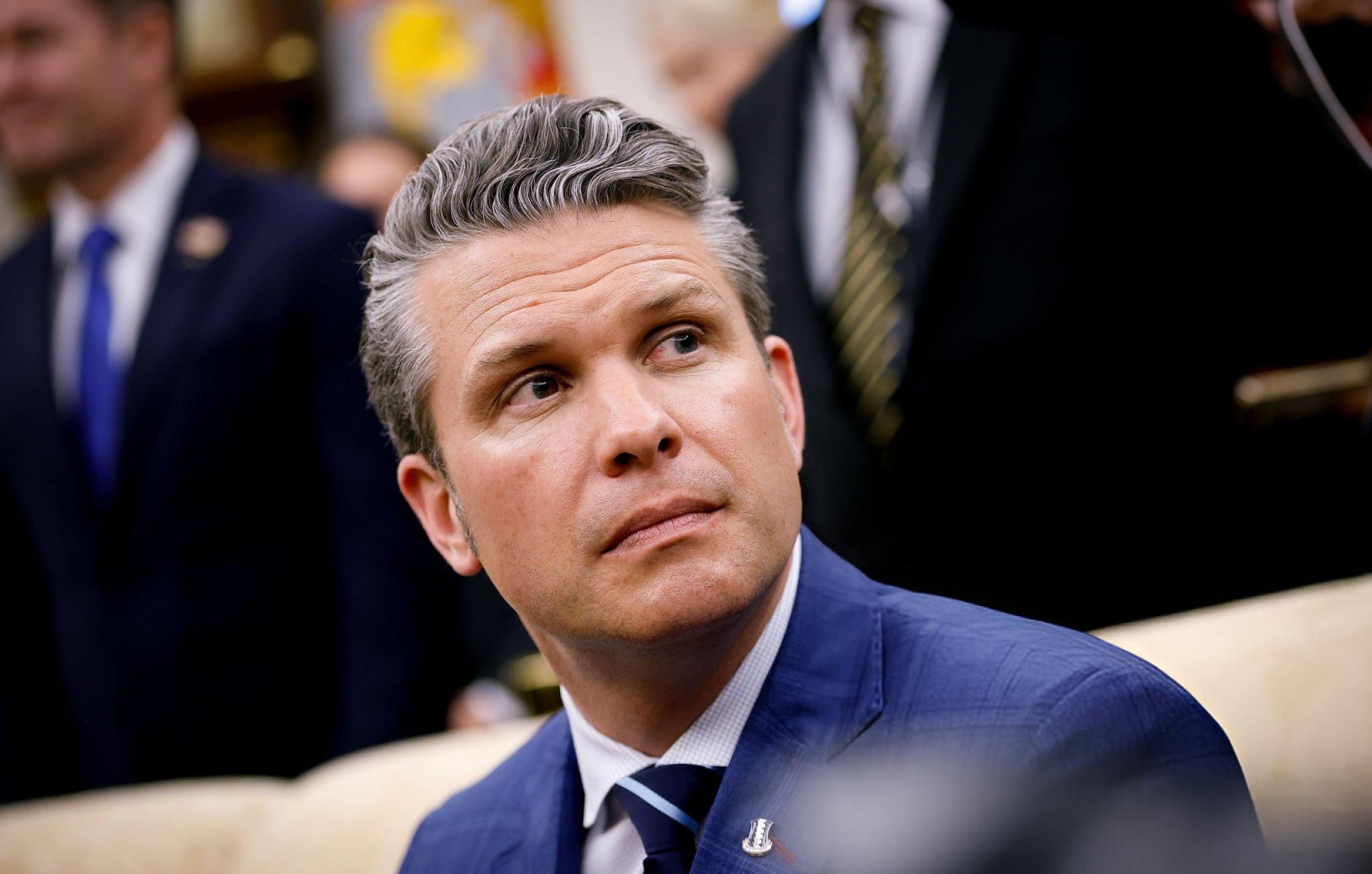The US Department of Defence has scrapped IT service contracts worth a staggering $5.1 billion, affecting major consultancy firms such as Accenture, Deloitte, and Booz Allen. The move, announced by US Defence Secretary Pete Hegseth, forms part of a sweeping campaign to eliminate what the Pentagon has labelled “wasteful spending”.
Speaking on Friday (IST), Hegseth said, “This includes consulting services from Accenture, Deloitte, Booz Allen, and other firms. They’re going to save the department $1.8 billion.” The decision has already sent ripples through the US government contracting sector, with several high-profile projects now coming to an abrupt halt.
In a memorandum signed on 10 April, Hegseth labelled the axed contracts as “non-essential spending on third-party consultants” — work he argues could be done by Pentagon staff. He added that the broader aim is to redirect funds towards areas deemed more urgent, such as healthcare for military personnel and their families.
Major contracts impacted
Among the contracts being terminated is a $1.8 billion consulting agreement overseen by the Defense Health Agency, as well as a $1.4 billion cloud IT services contract previously awarded to a large software reseller. Another significant casualty is a $500 million business process consulting deal with the US Navy.
Also on the chopping block is a $500 million help desk services contract under the Defense Advanced Research Projects Agency (DARPA). According to the Pentagon, such services are already well covered by the existing infrastructure provided by the Defense Information Systems Agency (DISA), making the separate contract redundant.
In addition to these terminations, the Pentagon is halting over $500 million in funding to two unnamed universities accused of tolerating antisemitism and promoting diversity, equity, and inclusion (DEI) programmes. This comes on top of $70 million in previously revoked funding from three other institutions in recent weeks, as the Trump administration intensifies its scrutiny of DEI-related initiatives.
Where will the money go?
Justifying the dramatic cuts, Hegseth said: “We should be using these funds to support better healthcare services for our military families, not paying consultants $500 an hour for services we can provide in-house.”
He reiterated the Trump administration’s commitment to trimming back government excess, particularly in areas linked to DEI initiatives, climate change programmes, and pandemic response measures — all of which have been targeted as part of a wider rollback.
DOGE initiative drives $6bn in cuts
The announcement is the latest development in the Department of Government Efficiency (DOGE) initiative, launched under the Trump administration to streamline military and governmental spending. It follows Hegseth’s 20 March statement, in which he detailed $580 million in cuts to various government programmes and grants. In total, DOGE has now overseen close to $6 billion in spending reductions.
“We’re excited to make these cuts on behalf of you, the taxpayer, and the warfighters here at the department,” Hegseth stated, positioning the cuts as a measure of fiscal responsibility.
Broader cost-cutting across government
This effort forms part of a much broader fiscal reform across US federal operations. President Donald Trump has called for $2 trillion in government spending cuts, with DOGE spearheading the charge. Tech mogul Elon Musk is leading the initiative, with an emphasis on reducing bureaucracy and reallocating funds to what the administration describes as “core national interests”.
Since Trump’s return to office, nearly 60,000 federal employees have been laid off or placed on extended leave. Multiple federal bodies — including the United States Agency for International Development (USAID) and the Consumer Financial Protection Bureau — have been shut down entirely. Education and humanitarian aid budgets have also seen sharp reductions.
While the administration claims these moves are essential for long-term efficiency, critics have expressed concern that the cuts are hitting vital services and vulnerable populations hardest. Widespread protests and a growing number of legal challenges have emerged in response, as activists and lawmakers alike push back against the aggressive austerity measures.







